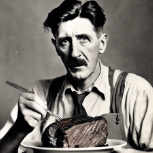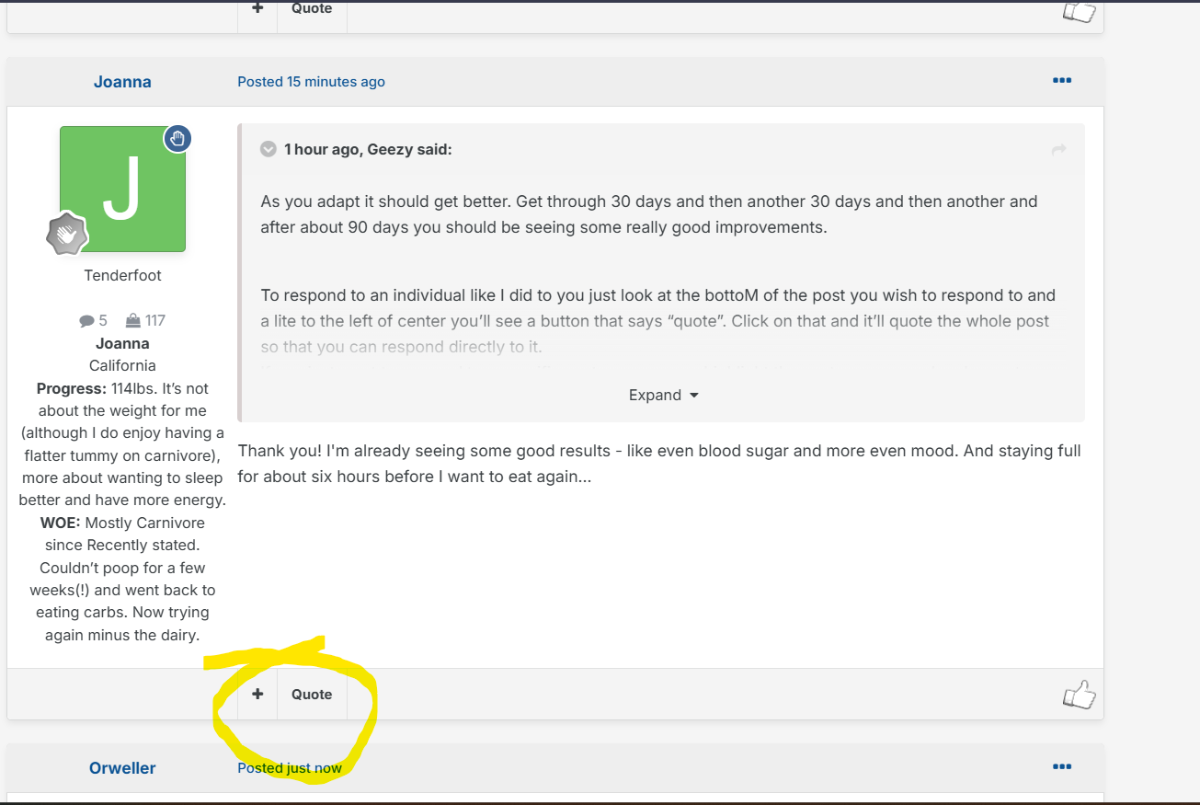Welcome to our Carnivore / Ketovore / Keto Online Community!
Welcome to Carnivore Talk! An online community of people who have discovered the benefits of an carnviore-centric ketogenic diet with the goal of losing weight, optimizing their health, and supporting and encouraging one another. We warmly welcome you! [Read More]
- Replies 34
- Views 3.5k
- Created
- Last Reply
Most Popular Posts
-
How much weight did you lose in all before plateauing? And then am I correct in reading that you were plateaued for about 2 months and then the rash happened? The rash is still a mystery, one that is
-
This is a very sensible approach to easing into carnivore or expanding carnivore toward keto or maybe the keto-vore hybrid approach. I think it could work going in either direction. The guy in the gym
-
Because the sugar diet will cost you your liver/pancreas. It comes with a cost more severe than just weight gain or loss. The risk of a sugar diet is thus, much higher. Other reasons could be severe g










This is a really great video and definitely something anyone should watch and understand if they’re considering trying keto or sugar fasting.
In the video, Nick Norwitz explains that both high-carb, low-protein (sugar fasting) and high-fat, low-protein (keto) diets elevate FGF21, which is the hormone responsible for increasing fat metabolism by raising energy expenditure. He also notes that genetic variants in FGF21 are extremely common—present in about 44% of people. If you have one of these variants, your FGF21 levels may not increase as expected on either diet, which means you might not experience the same rise in energy expenditure—and could even gain weight.
So why does he only offer caution about the sugar diet? That seems incredibly biased. I believe the same level of caution should be applied to keto as well, especially since, by his own explanation, the mechanism behind weight loss and increased energy expenditure is the same—FGF21. He also mentions that obesity is a state in which FGF21 resistance is likely. So, if you're obese and part of the 44% with a genetic variant, it’s very possible that neither of these diets will work as intended. Based on his interpretation of the study, the warning he gives about the sugar diet should absolutely apply to keto too.